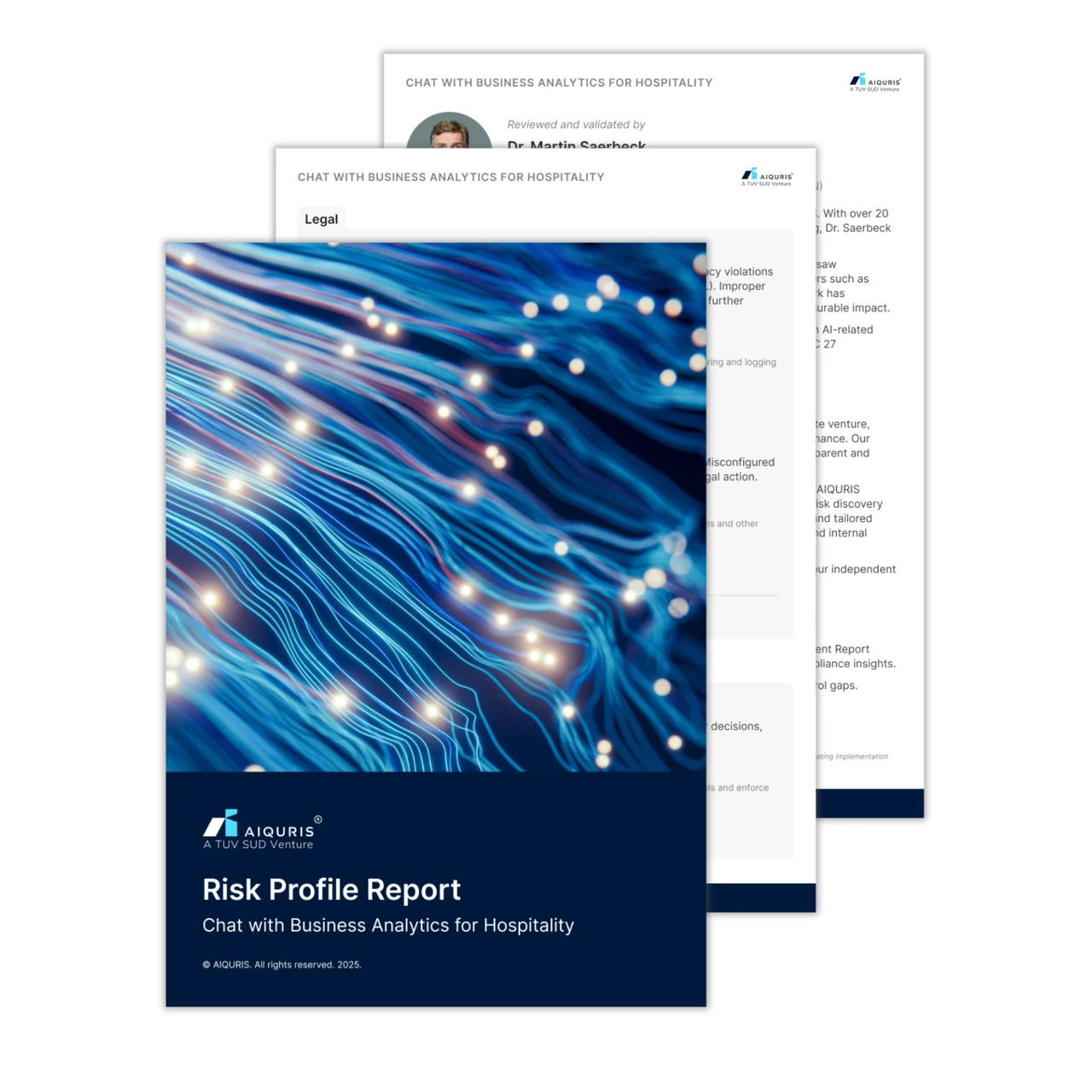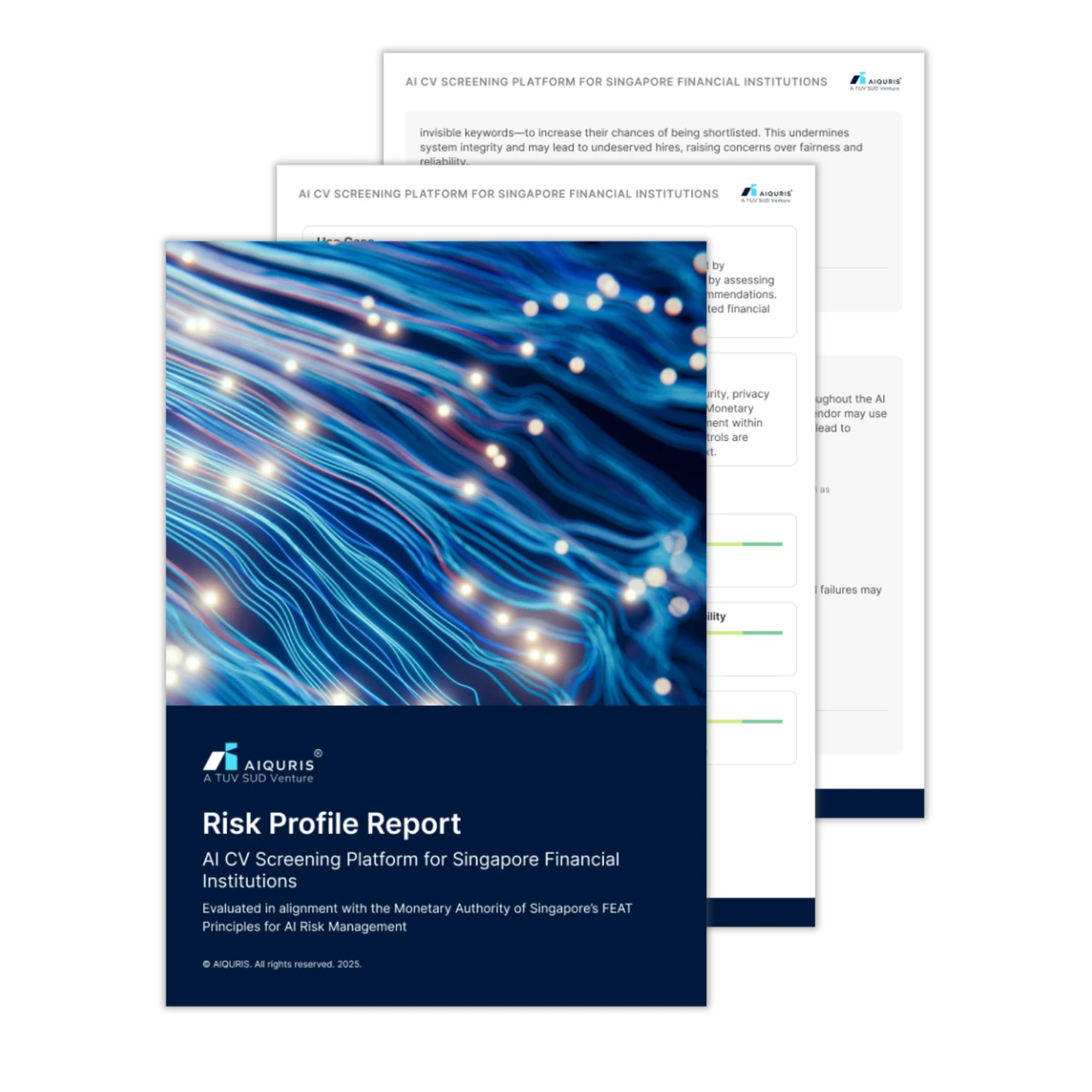In an increasingly digital world, AI for SMEs has become essential in driving innovation and operational efficiency. Recent statistics indicate that around 44% of small businesses have integrated some form of artificial intelligence into their operations1. Small and medium-sized enterprises (SMEs) are leveraging AI to streamline processes, enhance customer engagement, and increase revenue. By adopting AI technologies, SMEs can transform their business landscapes, ensuring they remain competitive.
The Importance of AI for SMEs
Integrating AI tools is no longer optional; it’s crucial for growth. AI adoption is accelerating among SMEs. A recent study by the U.S. Chamber of Commerce found that 98% of small businesses now use AI-enabled tools, with 40% leveraging generative AI solutions like chatbots2. In fact, adoption of AI could result in productivity gains of between 27 and 133 per cent3. Beyond operational benefits, AI empowers SMEs to make data-driven decisions, personalize customer experiences, and streamline processes. Tools like AI-powered chatbots and predictive analytics enable businesses to respond swiftly to market changes and customer needs.
Solutions such as AIQURIS provide structured AI governance, ensuring SMEs adopt AI with confidence and compliance.
Addressing AI Replacing Office Work
While concerns exist about AI replacing traditional office roles, the reality is that AI enhances human capabilities rather than fully replaces them. Automation of routine tasks, such as data entry and basic customer enquiries—frees employees to focus on higher-level strategic initiatives. For example, chatbots handle repetitive queries, allowing staff to concentrate on complex problem-solving and creative projects4. As automation makes certain skills obsolete, individuals should invest time in developing complementary skills valued in this new landscape.
Key Benefits of Implementing AI Tools for SMEs
Integrating AI offers compelling benefits:
- Enhanced Customer Engagement: Automated platforms powered by AI improve response times and personalise interactions, boosting customer satisfaction5.
- Streamlined Operations: AI-driven inventory management systems help maintain optimal stock levels while reducing costs. Predictive analytics anticipate demand fluctuations, improving supply chain efficiency6.
- Data-Driven Decision Making: Employing AI for analysing consumer behaviour provides actionable insights that fuel informed decision-making7.
AIQURIS offers CEOs and founders real-time insights on AI governance, enabling proactive decision-making and risk-adjusted AI adoption.
AI Tools for SMEs from Our Recent Event on Agentic AI
At our recent event focused on Agentic AI, keynote speaker Shivang Gupta, Founder of The Generative Beings, highlighted several innovative tools for SMEs:
- ADDLy and Mavic: Leading AI brand marketers for global enterprises in Singapore.
- Sales Hero and Fuzzy Sequence: Disruptors optimising niche markets for sales representatives.
- WentiLabs and Elgo Technologies: Building front-end solutions for custom agent development.
- Jigsaw Stack: Creating plug-and-play APIs for developers.
- Super Agent: Providing a virtual property agent.
- Crudo: An all-in-one productivity platform aiming to replace existing ecosystems like Atlassian.
- Librarian.io: Enabling users to manage multiple platforms via WhatsApp.
- Kredit Hero: A financial tool facilitating credit checks for SMEs8.
"The future of work lies in harnessing the power of AI to enhance human potential, not replace it," said Shivang Gupta. For further insights from this event, please read more on our event blog.
AI Governance, Security, and Sustainability Standards
Successful integration of AI hinges on a governance framework addressing security, compliance, and sustainability. These imperatives build trust, mitigate risks, and drive long-term value.
Key Standards for Responsible AI Deployment:
- ISO/IEC 23894:2023 - AI — Guidance on risk management: Guidelines for managing AI-related risks.
- EU Artificial Intelligence Act (AI Act): Promotes trustworthy AI across Europe.
- NIST AI Risk Management Framework (AI RMF): a structured approach for managing AI technology risks.
Overcoming Challenges in AI Adoption
Despite its advantages, implementing AI presents challenges. Common obstacles include resistance to change, lack of technical expertise, high costs associated with transitioning to new systems, and data privacy concerns.
AIQURIS provides a comprehensive AI risk and quality management platform that automates risk discovery and ensures compliance with evolving regulations. This proactive approach enables businesses to integrate AI solutions confidently, maintaining both efficiency and adherence to legal standards.
Conclusion: Scale AI with Confidence Using AIQURIS
For SMEs looking to thrive in today’s competitive landscape, embracing AI for SMEs presents unparalleled opportunities. With products like AIQURIS, companies can effectively deploy AI use cases while maintaining visibility and control over associated risks. By integrating AI strategically, SMEs will enhance operational efficiency and position themselves for sustained growth. Contact us today to learn more.






